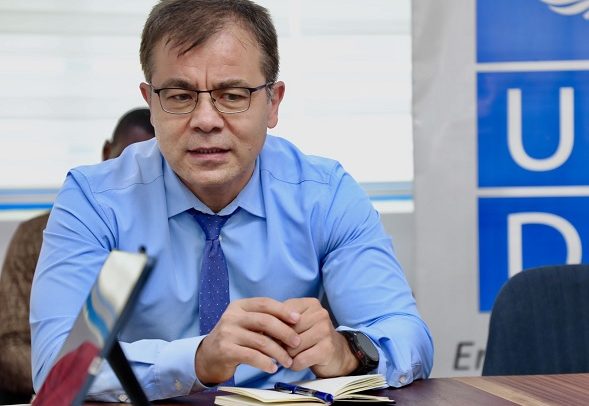
Sukhrob Khoshmukhamedov
The UNDP Deputy Resident Representative, Sukhrob Khoshmukhamedov, has indicated that the UNDP remains committed to supporting Ghana in its efforts to prevent and counter violent extremism.
“We consider youth and women as key stakeholders in development, particularly through their role in preventing conflicts and promoting peace in Ghana. This Framework should not overlook the critical economic, political, and social measures we need to engineer to assist in the fight against terrorism”.
Addressing participants at the review of Ghana’s National Framework for Countering and Preventing Violent Extremism and Terrorism in Tamale organized by the Ministry of National Security in partnership with UNDP, Australia and Germany, said addressing issues of inequality, marginalization of groups, access to education and healthcare, stimulating economic development in deprived communities, promoting inter-communal dialogue, enhancing religious tolerance, de-emphasizing ethnic divisions and chieftaincy conflicts are necessary measures to the arsenal of security and intelligence resources needed.
According to him, UNDP stands ready to support Ghana in implementing such critical measures and that UNDP will provide technical expertise, capacity-building support, and partnerships to address the underlying drivers of extremism.
“UNDP will work closely with governments, civil society organizations, and other stakeholders to promote inclusive development, foster dialogue, and build resilience in communities across Ghana,” he said.
He revealed that the recently published Global Terrorism Index 2024 has painted a depressing picture noting that Burkina Faso (Ghana’s immediate neighbour to the north) was named as the country most impacted by terrorism, with almost 2000 deaths from 258 attacks.
“Unfortunately, Burkina Faso’s situation represents a larger phenomenon: the epicenter of terrorism in today’s world has shifted from the Middle East and North Africa into sub-Saharan Africa. This region alone represents almost half of all deaths from terrorism globally,” he added.59
According to the UNDP’s Journey to Extremism report from 2023, worsening economic unemployment, and poverty are major drivers of violent extremism.
“This shows us that creating a functional, democratic and peaceful society is dependent on inclusive distribution of the economic dividends of democracy. It also tells us that while Ghana remains one of West Africa’s most resilient democracies, this is not a fact we should take for granted. In 2014, Burkina Faso recorded zero deaths related to terrorism, and today (10 years down the line) it is on the top of the index. This shows us a worrisome example of a development that can happen only in a decade. In Ghana, we can be proud of our track record as a mainly peaceful and stable country, but Ghana is not immune to these troubling developments around us.”
Mr. Khoshmukhamedov stated that Ghana has had its National Framework for Preventing and Countering Violent Extremism and Terrorism in Ghana since 2019 in response to the call by the UN Secretary -General’s Plan of Action for Preventing Violent Extremism.
“Tackling violent extremism requires a clear strategy with the involvement of all stakeholders, and it is therefore important that there is an opportunity to review progress of its implementation, while also including other emerging threats such as artificial intelligence and social media/online hate speech”.
BY Eric Kombat, Tamale

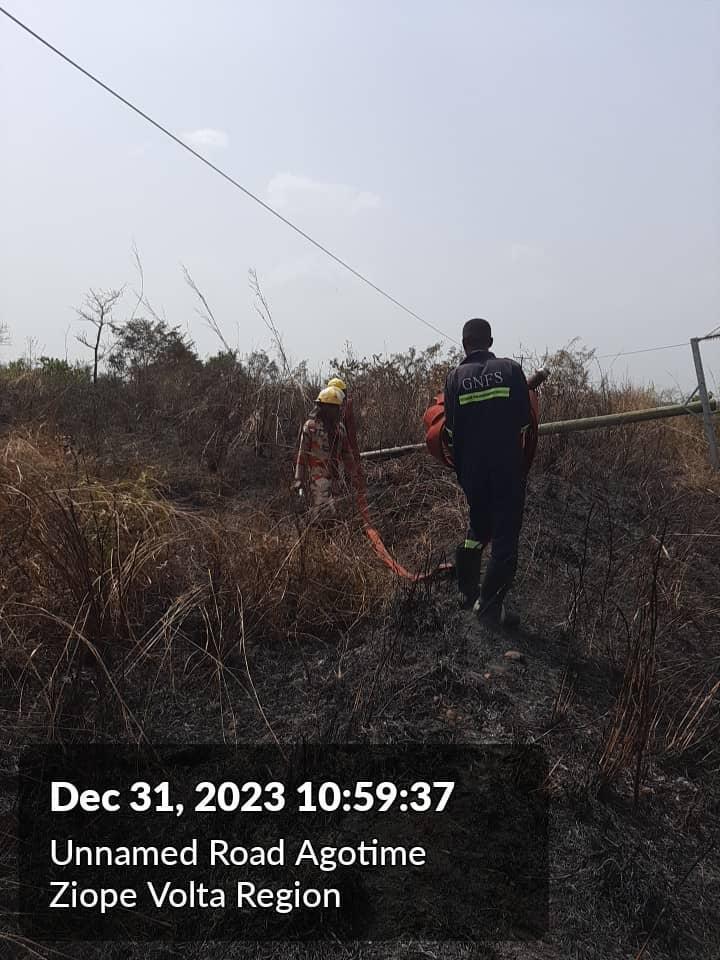
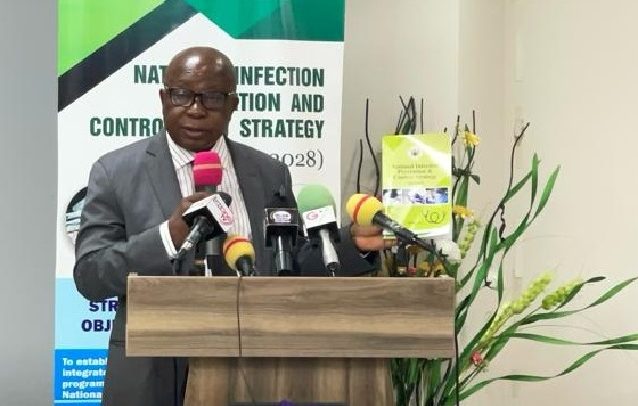
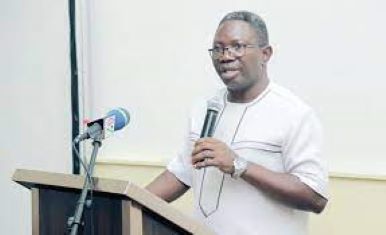


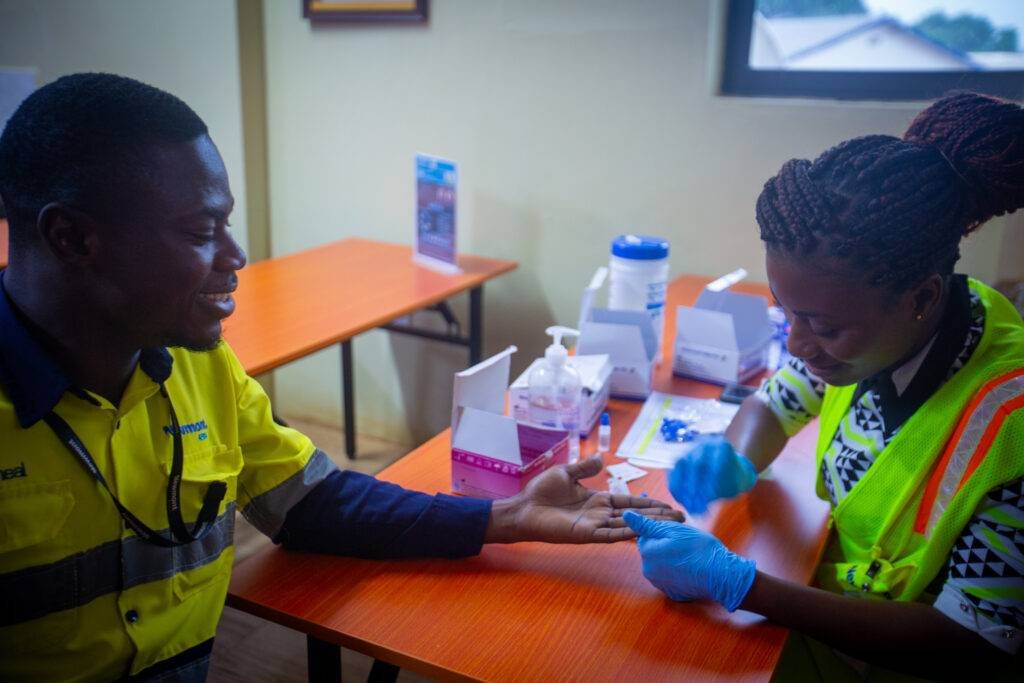

















Facebook
Twitter
Pinterest
Instagram
Google+
YouTube
LinkedIn
RSS